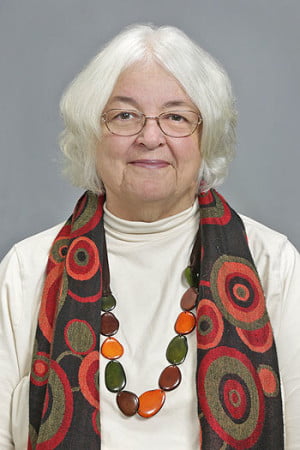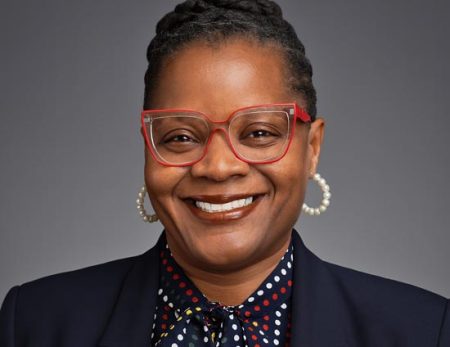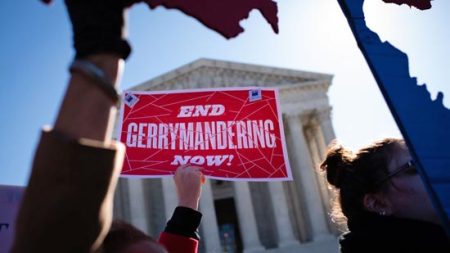Legislature Wraps Up Short Session

By Nelda Holder –
State Representatives Head Home for Campaign Season.
The North Carolina General Assembly has closed its 2016 “short” session in an almost timely manner and with a rare example of what appeared to be bipartisanship. Exiting Raleigh before the Fourth-of-July weekend seemed a paramount goal, particularly with an election campaign season beckoning, so the timing was strategic if uncommon. The bipartisanship, on the other hand, appeared spontaneous and came in a House vote that was vitally important to the city of Asheville.
An attempt to impose City Council districts in Asheville, spearheaded by retiring Sen. Tom Apodaca of Hendersonville (whose senatorial district represents a portion of South Asheville), passed in the Senate but hit rough waters in the House, where enough members of the Republican majority disagreed with the powerful Senate leader about the wisdom of such action to defeat the bill.
For the most part, the Republican opposition to SB 897 appeared to stem from consternation over the “bending” of the rules to allow a vote on “local” legislation in the short session. The leading sentiment among the disagreeing legislators, as reported by Kirk Ross for Carolina Public Press, seemed to be summed up by Rep. Josh Dobson (R-McDowell), who stated: “I wouldn’t want this to be done to Marion or Newland or Bakersville or Banner Elk or any other small town I represent.”
Buncombe County’s three Democratic Reps. Susan Fisher, Brian Turner, and John Ager offered amendments to the bill before the vote—all defeated, but all chipping away at the solidarity of the Republican majority from the standpoint of local control.
With the July adjournment, barring any recall, the legislature will convene again on Wednesday, January 11, 2017 at noon, with newly elected legislators assembled to address the next two years of state business.
Final Budget Highlights for Higher Education
The final approval for the 2016-17 state budget (HB 1030), a 209-page bill with a total outlay of $22.2 billion, was passed by the House on July 1. Among its many-pronged policy outlays is the incorporation of the separate legislation originally proposed to significantly lower tuition at several UNC member institutions (see last month’s “Reading Between the Legislative Lines”). The NC Promise Tuition Plan sets undergraduate tuition for Western Carolina University, Elizabeth City State University, and UNC Pembroke at $500 per academic semester for NC residents, and $2,500 for nonresident students. It then provides for the state to “buy down” any financial obligation resulting from the tuition rate reduction (up to $40 million dollars total).
Other education changes in the budget include the following:
- Guarantees a fixed tuition payment for any freshmen or transfer undergraduate students attending any of the University of North Carolina campuses (and deemed a North Carolina resident) for eight consecutive semesters (10 for a five-year program of study)
- Agricultural and Technical State University (NCA&T) and North Carolina Central University offering a fully funded four-year scholarship covering tuition, fees, housing, meals, textbooks, and other personal expenses
- Continues to expand private school vouchers by $10 million per year until the state reaches $145 annually. According to the NC Justice Center’s Education & Law project director, Matt Ellinwood, the voucher proposal “remains unaccountable” with little measure of how well it is serving students.
- Supports a pilot program to raise the high school dropout age from 16 to 18 (this pilot program will operate in the Hickory Public Schools, the Newton-Conover City Schools, and the Rutherford County Schools, through 2017)
Passed into law
Session Law 2016-3: Despite opposition from a number of state, national, and even international quarters, this year’s special-session legislation known as HB 2 was not repealed. It was, however, modified in the final hours to reinstate the right to file discrimination lawsuits in state courts.
Its now infamous bathroom provisions, which stimulated business and tourist boycotts of the state and a swell of human rights protests, was left intact, along with all other provisions of the 48-hour bill passed in March. In related action, the Legislature appropriated half a million dollars from the state’s disaster-relief fund as a bulwark for paying legal fees to defend itself in lawsuits regarding HB 2.
Other legislation covered previously in The Urban News which subsequently was passed into law this session includes:
- HB 630: Drinking Water Protection/Coal Ash Cleanup Act
- HB 523: American Indian designation on driver’s licenses
- SB 734: Statewide Standing Order/Opioid Antagonist
- HB 972: Body-Worn & Dashboard Cameras/No Public Record (NB: this bill also authorizes needle and hypodermic syringe exchange programs, previously written about as SB 794)
Failed to pass
The following are some of the bills previously written about that were not passed in this legislative session:
- HB 3/SB 74: Omnibus Constitutional Amendments
- HB 983: Legalize & Tax Medical Marijuana
- HB 999: Study Suicide Prevention
- HB 1032: Online Voter Registration
- HB 1086: Refugee Resettlement Act of 2016
Nelda Holder is the author of The Thirteenth Juror – Ferguson: A Personal Look at the Grand Jury Transcripts.








